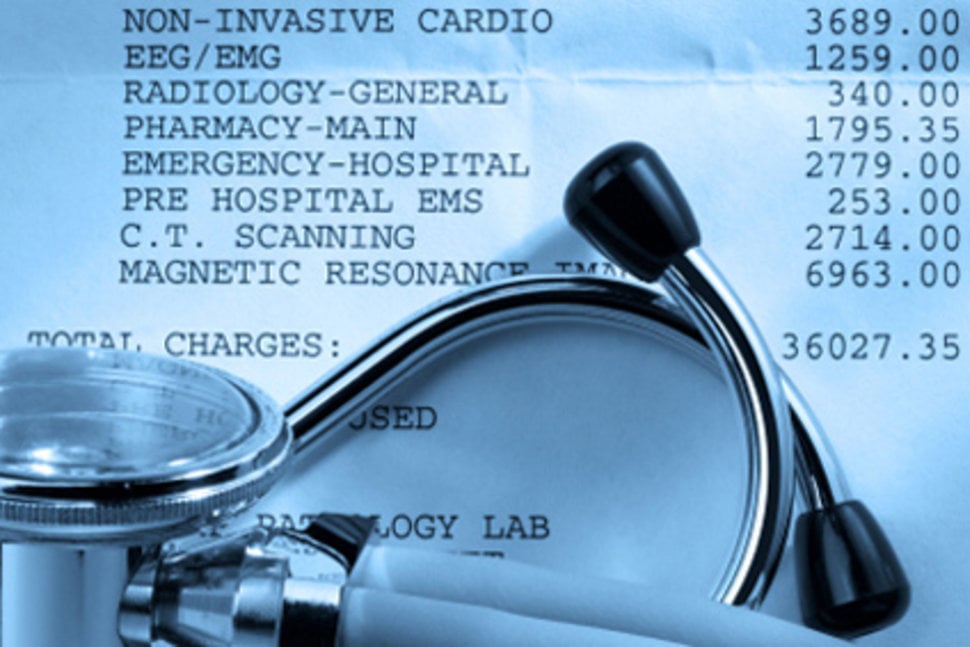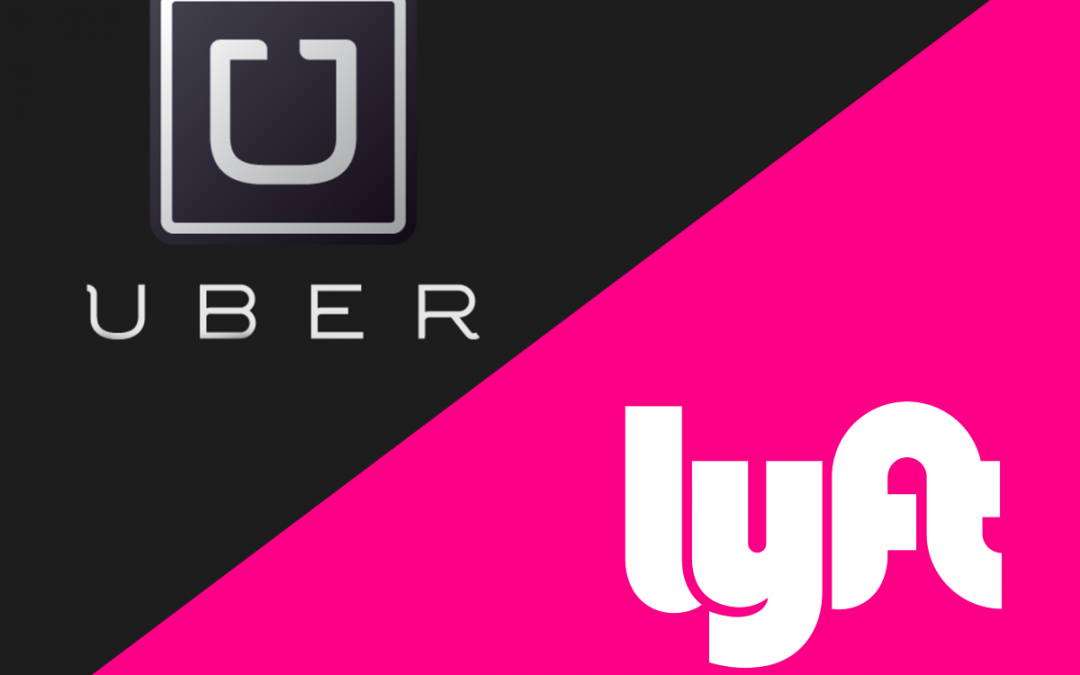 If you've been injured in an accident that wasn't your fault, you'll want the responsible party's insurance to reimburse you for the financial burden the accident caused you. The costs associated with an accident, including medical bills, property damage, and lost wages, can add up to many thousands of dollars.
If you've been injured in an accident that wasn't your fault, you'll want the responsible party's insurance to reimburse you for the financial burden the accident caused you. The costs associated with an accident, including medical bills, property damage, and lost wages, can add up to many thousands of dollars. So, how do you get an insurance company to reimburse you after one of their policyholders caused you injury? Let's take a look.
Start at the Scene of the Accident
To put the odds of getting a fair settlement in your favor, you should collect relevant evidence at the scene of the accident. If it's a car accident, get the other driver's insurance information, take pictures of the accident, and get a copy of the police report. And don't admit fault to the other driver or the police.
See a Doctor Immediately
If you're injured after an accident, even in a very minor way, you need to see a doctor as soon as possible. You may not be able to tell how badly you're injured at the time of the accident. Sometimes a seemingly-insignificant injury gets worse in the days and weeks after an accident, and failing to get prompt treatment can make it worse.
Getting medical treatment so you can heal is the most important thing, but seeing a healthcare provider after an accident is also important because it provides you with documentation of your injuries. So, see someone and keep a record of everything. You'll need it when you file a claim. And make sure to follow all of the doctor's orders.
Uninsured Drivers
If you were in a car accident caused by a person who doesn't have insurance, then of course there's no insurance company to make a claim with. You could try suing the driver, but that would be difficult and they may not have any money. Your auto insurance provider may have an uninsured/underinsured motorists provision, which you can apply to for financial assistance.
No-Fault States
Some states are what's called "no-fault" regarding automobile insurance liability, which means that no matter whose fault the accident is, the injured driver first has to turn to their own insurance to pay for treatment of their injuries. Florida is a no-fault state, and drivers are required to carry at least $10,000 in personal injury protection (PIP) coverage for that purpose.
If your accident causes less than $10,000 in damages, and you live in Florida or another no-fault state, then you will not be able to file a claim with the other driver's insurance unless you have suffered permanent injury.
Filing An Insurance Claim
If you're not in a no-fault state, or your injuries require treatment that cost more than $10,000, then you can file a claim with the other party's insurance company. Find out who their insurance provider is and ask them what you need to do to file a claim. You may be able to do it online or over the phone. You will have to give them documentation of everything related to the accident, including your medical records and a copy of the police report.
Don't expect to get a fair settlement offer immediately after submitting your claim to the insurance company. Insurance companies often make a low offer to see if the claimant will take it. It may be tempting if you need money, but it would be a mistake to take most early offers.
Getting An Attorney
Negotiating a fair personal injury settlement is the kind of thing that is so important, and difficult to get right, that you should consider retaining an attorney to help you. Having someone with knowledge and experience on your side is invaluable. Without experience, you won't know if what you're being offered is fair or not.
Unlike other types of attorneys, a personal injury attorney won't charge an up front fee. They are paid a portion of any settlement funds they recover for you, usually a third.
It's a dangerous world out there. Sometimes, even when you're doing everything right, someone else's negligence causes you injury. If that happens to you, consider the information in this article to get the best outcome for yourself.










